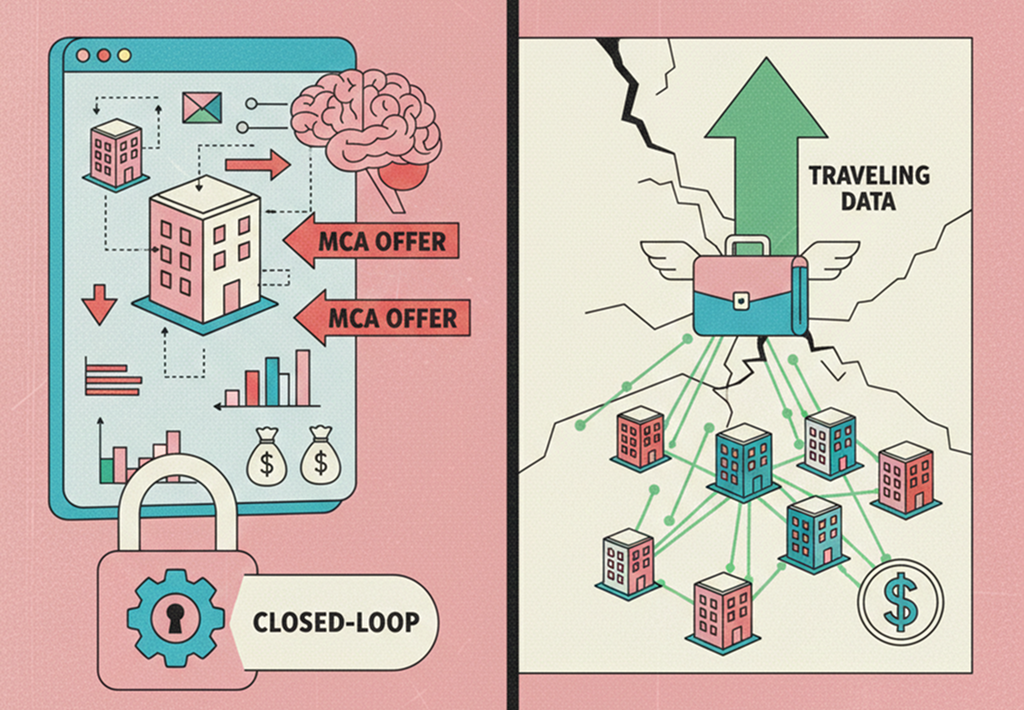5 Common Business Credit Mistakes (and How to Avoid Them)

Running a business comes with a million moving pieces—products to build, teams to grow, customers to delight. So it's no surprise that business credit often gets pushed to the bottom of the priority list. But here's the catch: that quiet little score behind the scenes? It can make or break your next big move.
We’ve worked with thousands of small business owners, and the story is usually the same. Credit sneaks up on you—until one day, you need it, and it’s not there. Whether you’re planning to expand, negotiating better payment terms, or simply trying to weather a rough quarter, a strong credit profile is your business’s permission slip to move faster, smarter, and with confidence.
What's Essential
1. Not Checking Your Business Credit Score
If you don’t know your score, you can’t improve it. Unlike personal credit, business credit isn’t always easy to find—and many business owners don’t realize it even exists until they’re denied funding or hit with higher rates.
The fix: Start by checking your score through trusted sources like Dun & Bradstreet, Experian, or Equifax’s business credit services. There are also third-party tools that can monitor your score over time and alert you to changes. Think of it like keeping tabs on your health—you want to catch issues early, not when it's already a problem.
2. Mixing Business and Personal Finances
Using your personal credit card for business expenses might feel like no big deal, but it can hurt both your credit and your ability to grow. Lenders and partners want to see a clear financial picture of your business—not a tangled mix of personal and company transactions.
The fix: Open dedicated business bank accounts and use a business credit card. This not only builds your business’s financial identity but also makes your bookkeeping cleaner and tax prep easier.
What's Smart
3. Missing Opportunities to Build Credit
It’s not enough to avoid debt—you have to actively build credit. Many vendors, suppliers, and even some lenders don’t report to credit bureaus. That means you could be paying on time every month and getting zero credit for it.
The fix: Work with vendors and financial institutions that report payment history to the business credit bureaus. Pay your bills early or on time, and don’t max out your credit lines. The goal is to show consistency, responsibility, and low risk.
4. Applying for Credit Blindly
Applying for credit without knowing your current standing—or what lenders are looking for—can lead to rejections. Worse, too many hard inquiries can damage your score and hurt your future chances.
The fix: Before applying, take time to review your credit profile, understand the requirements of different lenders, and seek pre-qualification where possible. Be selective about where you apply and work with institutions that tailor offers based on your actual profile—not guesswork.
What Sets You Apart
5. Only Thinking About Credit When You Need It
This one’s big. Business credit isn’t a fire extinguisher—it’s not just for emergencies. It’s a foundation you build over time, so that when opportunity knocks—an expansion, a bulk order, a new location—you’re ready.
The fix: Be proactive. Monitor your score regularly. Build relationships with credit-reporting vendors. Use credit responsibly even when you don’t need it. A strong credit profile gives you leverage, better terms, and room to move when it matters most.
Bottom line?
Good business credit doesn’t happen by accident—it happens by design. The earlier you start, the more freedom you gain. Treat your credit like the growth tool it is, and it will start working for you—not against you.












_Nick_Fancher_Photos_ID6069.jpg)




